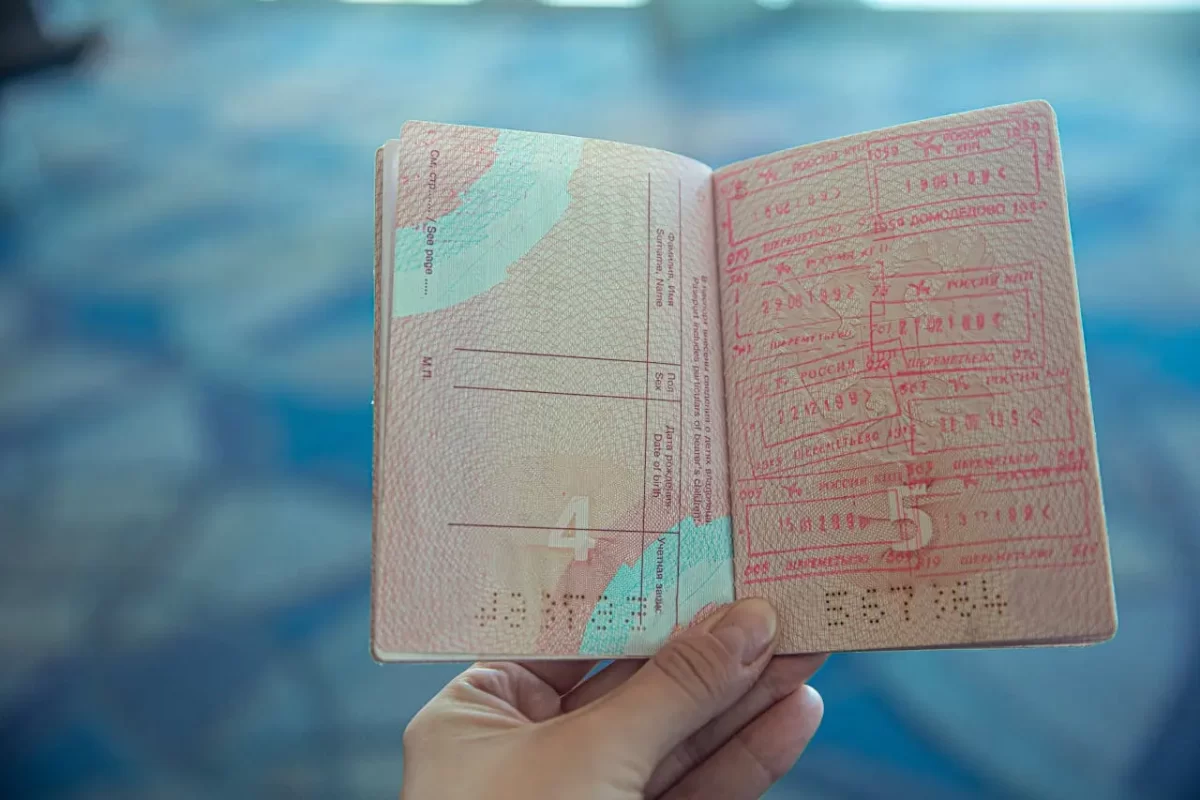Special Leave Entitlements in Mexico: Beyond Standard PTO
Paid time off in Mexico isn’t limited to vacations and public holidays. The Federal Labor Law (Ley Federal del Trabajo) grants several additional special leave entitlements to employees based on life events, legal duties, or personal circumstances.
📖 For a complete overview of vacation entitlements, public holidays, and standard paid time off (PTO), refer to our comprehensive guide on Holidays & Leave Entitlement in Mexico.
Understanding these rights helps employers stay compliant while supporting their workforce through key moments. This guide explains the most relevant special leave entitlements in Mexico, dividing them into paid and unpaid categories.
Discover more insights on leave and PTO in Mexico
Legal Framework: Federal Labor Law and Additional Provisions
Mexico’s Federal Labor Law (Ley Federal del Trabajo – LFT) is the core legal instrument that defines special leave entitlements. However, other legal sources also expand these rights. For example, electoral regulations, military service obligations, and gender violence protection laws establish additional grounds for justified absences. Moreover, collective bargaining agreements (CBAs) often provide extended leave terms beyond the legal minimum.
To ensure full compliance, employers must account for:
Provisions in the LFT for both paid and unpaid leave
Collective agreements that may offer extended entitlements
Sector-specific laws and constitutional protections that apply in special cases
Paid leave in MExico
These leaves must be granted with pay. Some are covered by the employer, while others are paid through the social security system.
Maternity Leave (Article 170)
Pregnant employees are entitled to 12 weeks of paid leave, split as:
- 6 weeks before childbirth
6 weeks after childbirth
This leave is paid by IMSS, the Mexican Social Security Institute. If medically recommended, the entire leave may be taken after the baby is born.
“ Working mothers shall be entitled to six weeks of leave before and six weeks after childbirth. At the express request of the employee, and with written authorization from the doctor of the corresponding social security institution, up to four of the six pre-birth weeks may be transferred to the postnatal period.” – Federal Labor Law, Article 170
Breastfeeding Breaks (Article 132 Bis)
For up to six months after birth, employers must allow either:
- Two 30-minute breaks during the workday, or
A one-hour reduction in the daily schedule
This time is paid and protected by law.
Paternity Leave (Article 132 XXVII Bis)
Male employees are entitled to 5 paid working days for:
The birth of a child
The formal adoption of a child
This leave is paid by the employer and must be granted automatically upon request.
“ Grant five working days of paid paternity leave to male employees for the birth of their children, and likewise in the case of the adoption of an infant.” – Federal Labor Law, Article 132 XXVII Bis
Adoption Leave (Article 132 XXVII Bis)
Adoptive parents, regardless of gender, are entitled to 5 working days of paid leave upon finalization of the adoption. Like paternity leave, the employer must cover the cost.

Streamline Your Expansion with EOR Services in LATAM
Expand across Latin America effortlessly with our Employer of Record (EOR) services. We handle compliance, payroll, and employee management, ensuring smooth operations while you focus on growing your business.
Leave for Civic or Jury Duty (Article 132 XVII)
Employees summoned for civic obligations such as voting, jury duty or military draw must be granted time off.
While not explicitly marked as paid in the law, many employers choose to maintain pay to avoid penalties or discrimination claims.
Work Stoppage Leave (Article 429)
If work is suspended for reasons outside the employee’s control, such as a natural disaster or a government-mandated closure, the employee must receive full pay during the downtime.
This provision was used widely during the COVID-19 pandemic.
Domestic Violence Leave
Currently, the Federal Labor Law (Ley Federal del Trabajo) does not specifically provide a statutory leave entitlement for victims of domestic violence.
However, a legislative proposal is under review to amend Article 132 of the LFT and Article 46 Bis of the General Law on Women’s Access to a Life Free of Violence. The proposed amendment would grant up to 30 calendar days of paid leave to employees who are victims of gender-based or domestic violence. The leave, as proposed, would:
Be job-protected
Require official documentation from a judicial or government entity
Offer paid time off, covered by the employer
As of now, this proposal has not been enacted.
Unpaid Special Leave Under Mexican Law
These entitlements protect the employee’s right to be absent without risking job loss, but the employer is not obligated to pay for the time off.
Educational Leave (Article 132 XXIX)
Employees enrolled in recognized education programs have the right to be excused from work to attend exams.
The law does not require employers to pay during these absences, but termination or retaliation for taking educational leave is prohibited.
Bereavement Leave
While not outlined in the Federal Labor Law, many collective labor agreements and internal policies grant 3 to 5 days of leave after the death of a close relative. This includes spouses, parents, siblings, or children.
Because it is not mandated, payment depends on company policy. Still, it is widely considered a standard and humane practice.

Summary Table: Special Leave in Mexico
| Type of Leave | Duration | Paid? | Legal Basis |
|---|---|---|---|
| Maternity Leave | 12 weeks | Yes (by IMSS) | Article 170 |
| Breastfeeding Breaks | 6 months (1 hr/day) | Yes | Article 132 Bis |
| Paternity Leave | 5 working days | Yes | Article 132 XXVII Bis |
| Adoption Leave | 5 working days | Yes | Article 132 XXVII Bis |
| Civic/Jury Duty | As needed | Often paid | Article 132 XVII |
| Domestic Violence Leave | Not enacted | Not enacted | Not enacted |
| Work Stoppage | Varies | Yes | Article 429 |
| Educational Exams | As needed | No | Article 132 XXIX |
| Bereavement (Common) | 3–5 days | Not mandatory | Company policy or contract |
Conclusion
Mexico’s labor law offers strong protections through both paid and unpaid special leave entitlements. For employers, knowing these rules is just the beginning. Applying them fairly, and where possible, offering more than the legal minimum, strengthens your workplace culture and compliance.
If you’re hiring in Mexico, make sure your contracts and internal policies reflect these rights clearly — and review them regularly to stay up to date with labor reforms.


























































